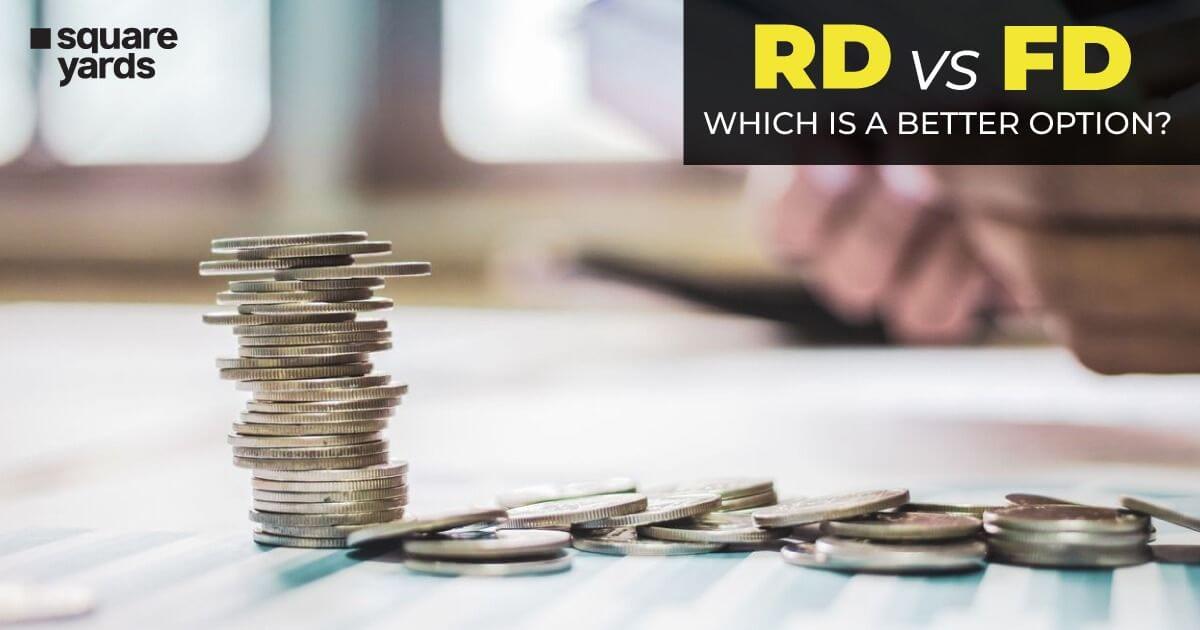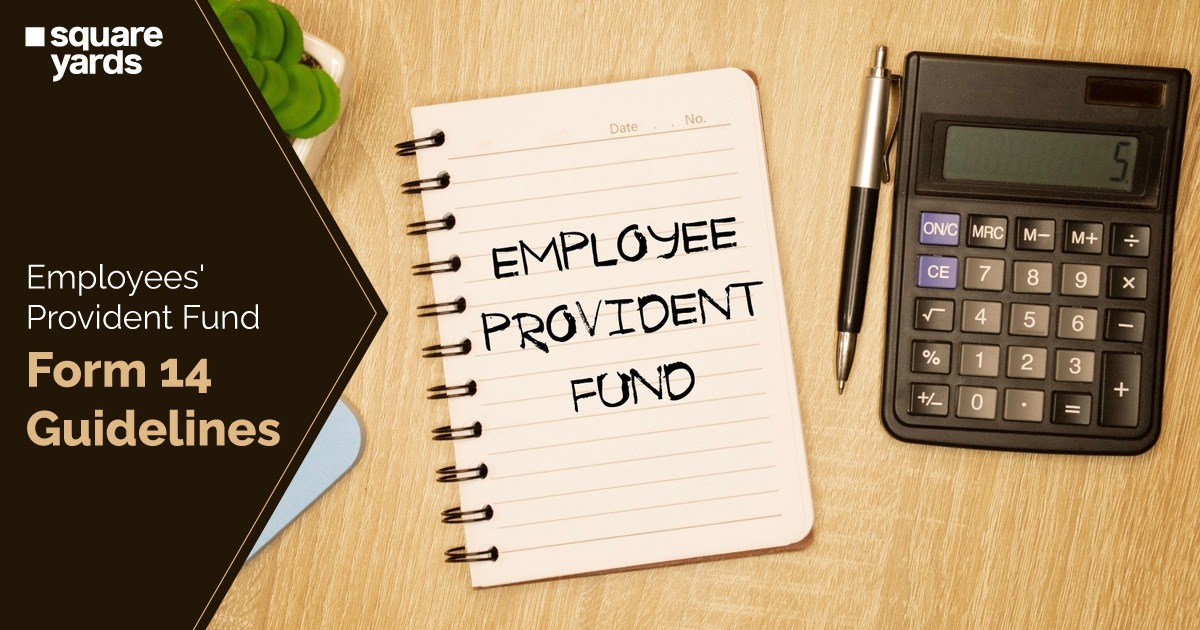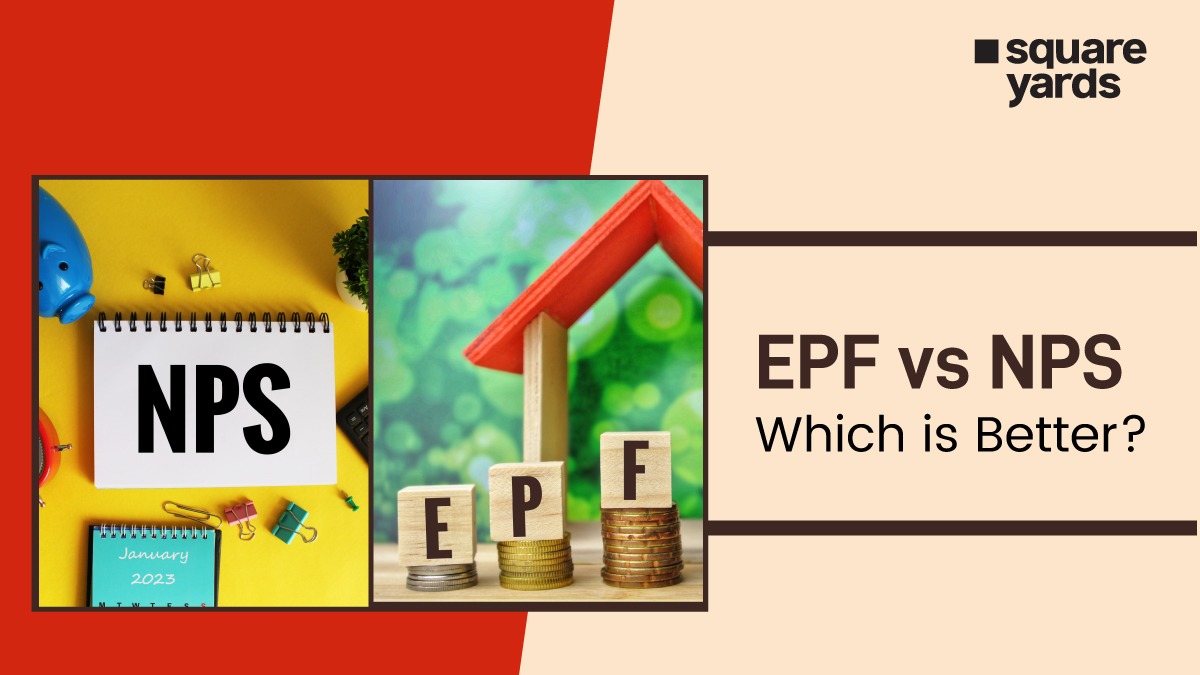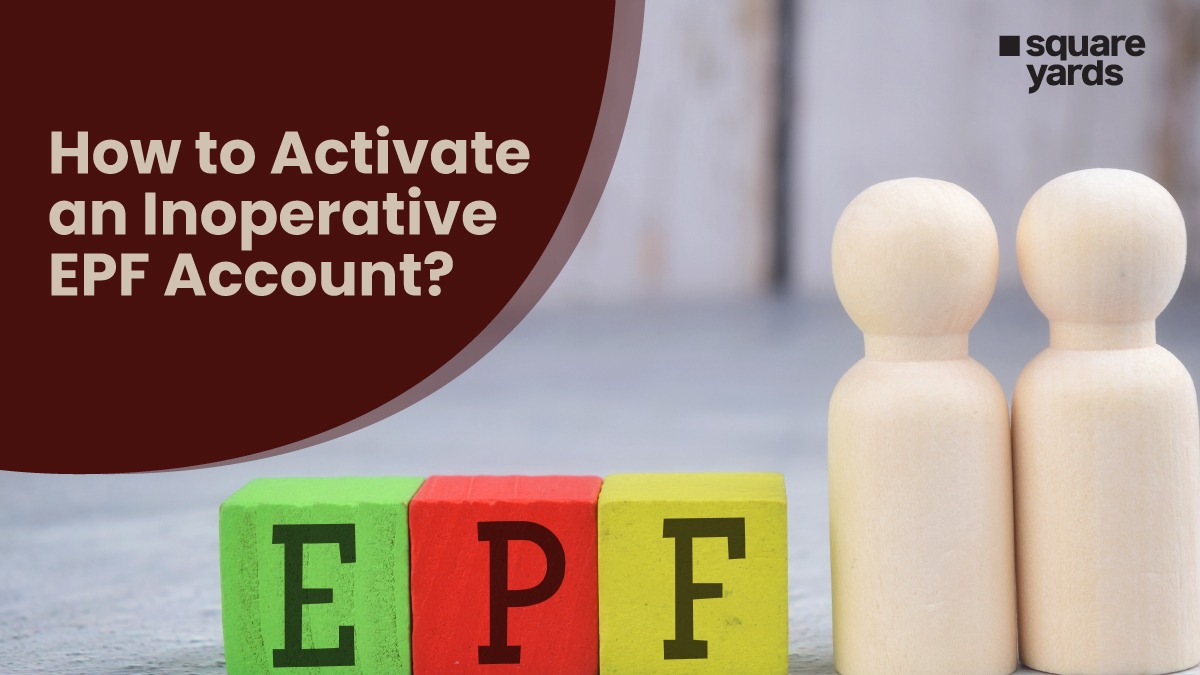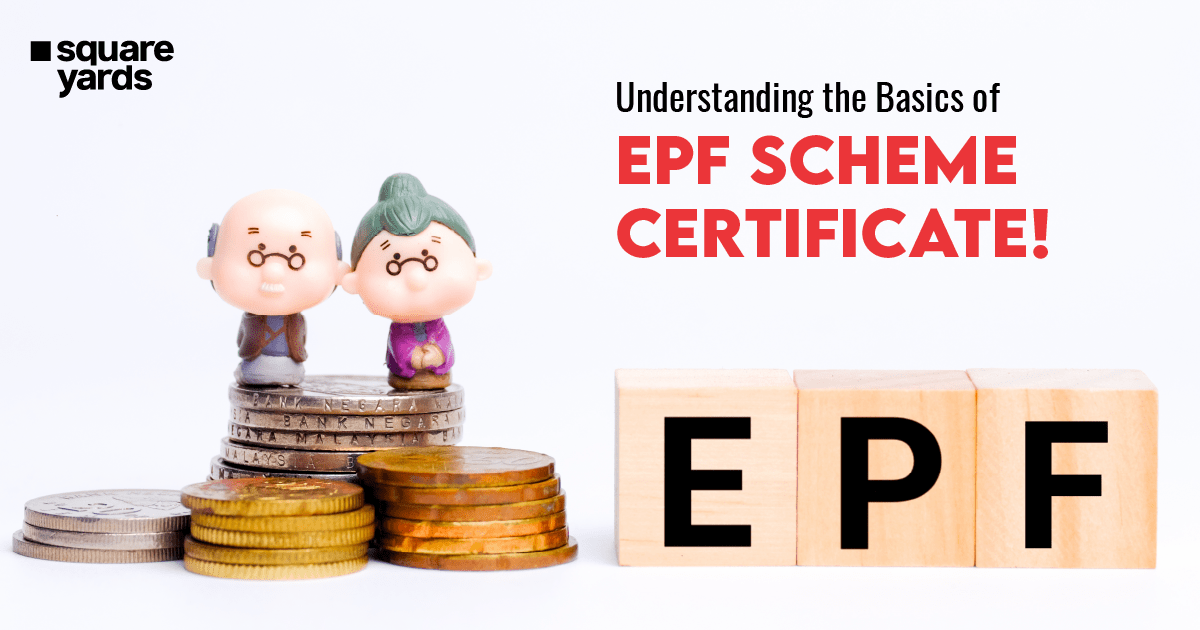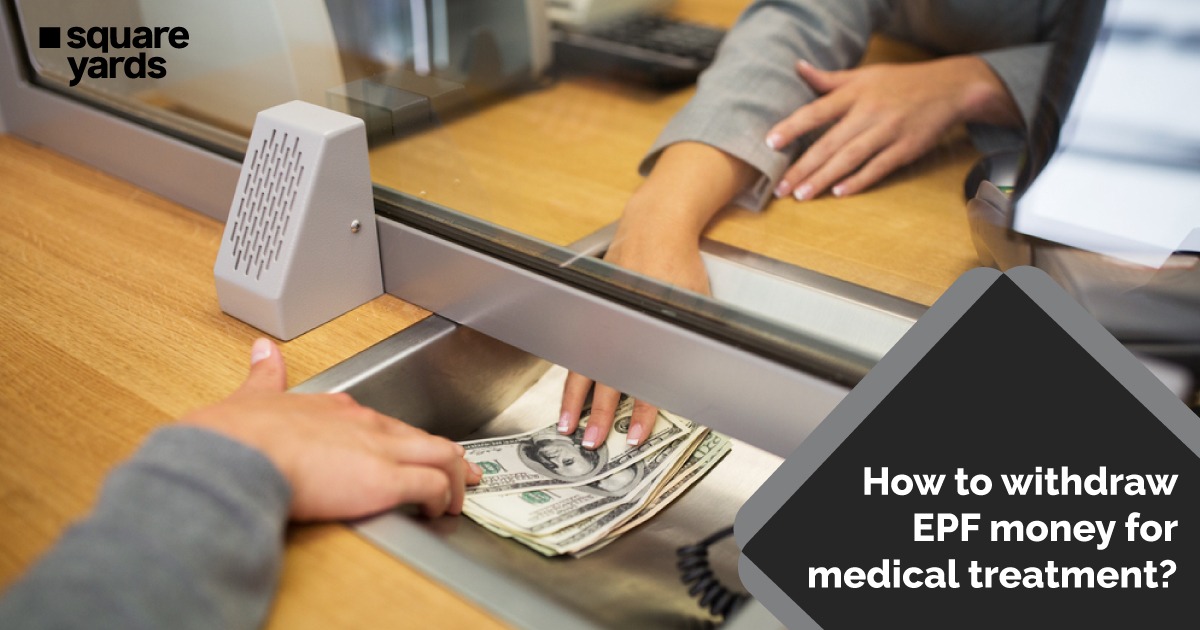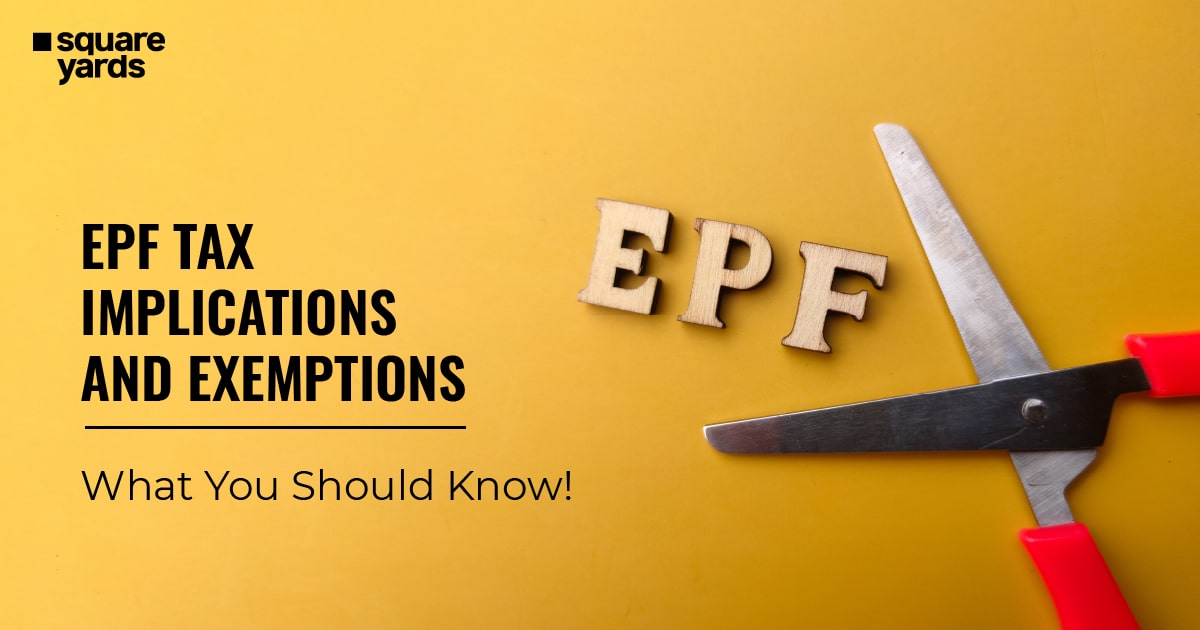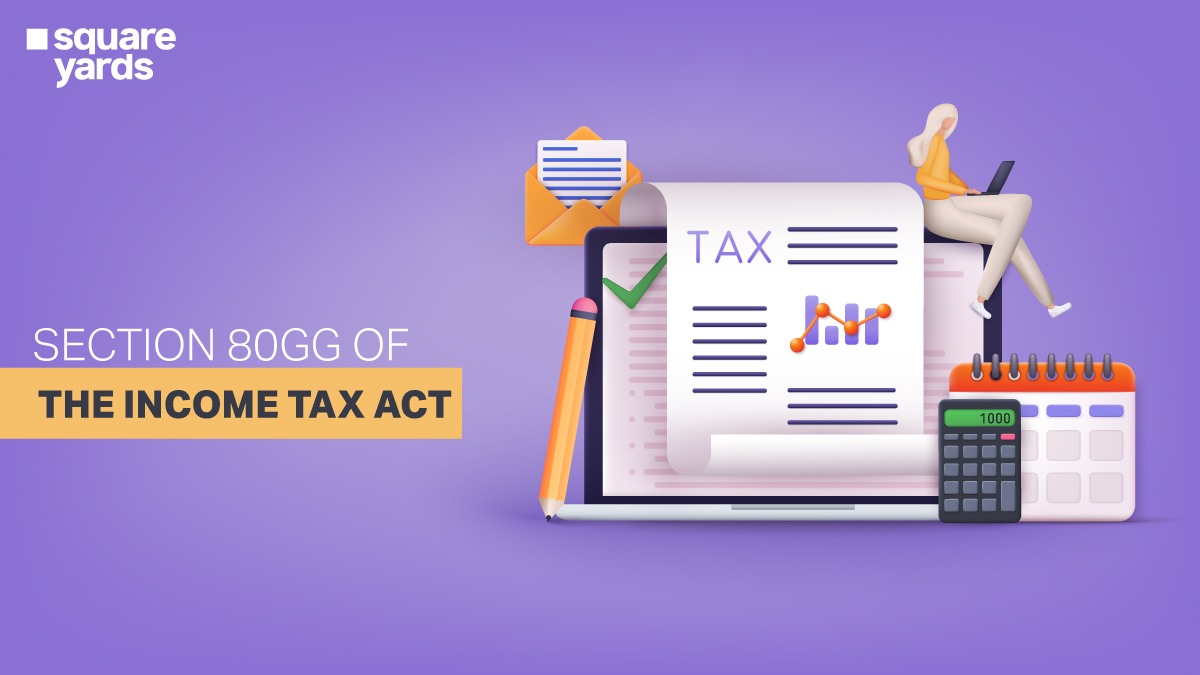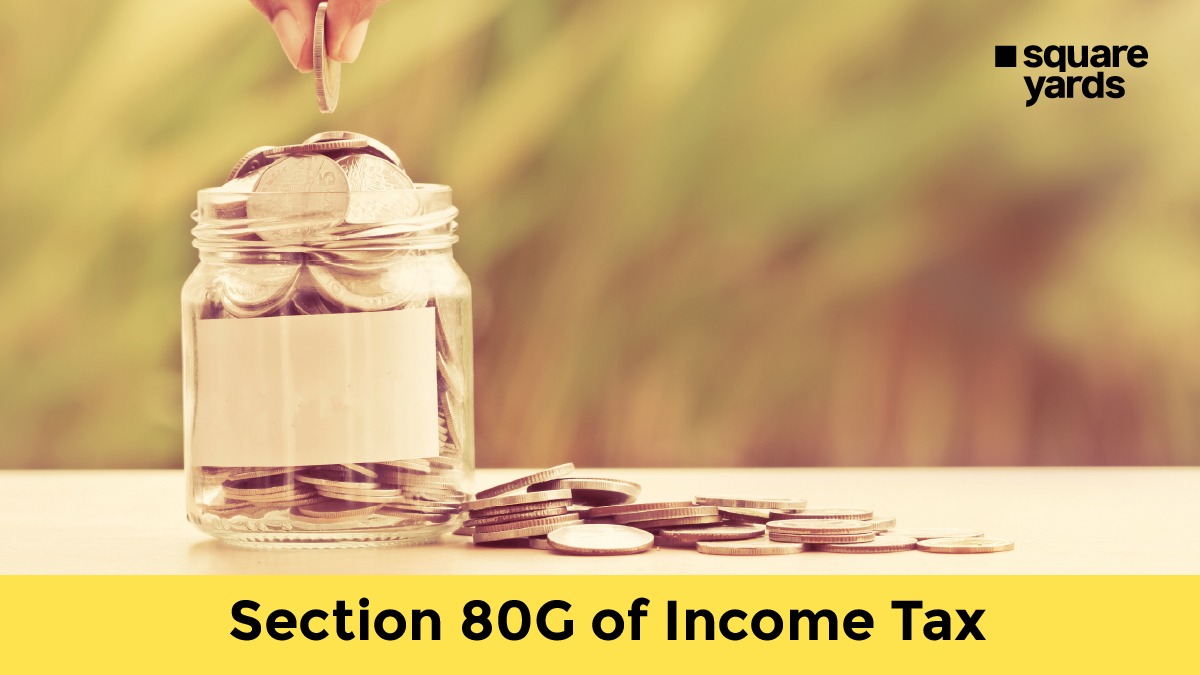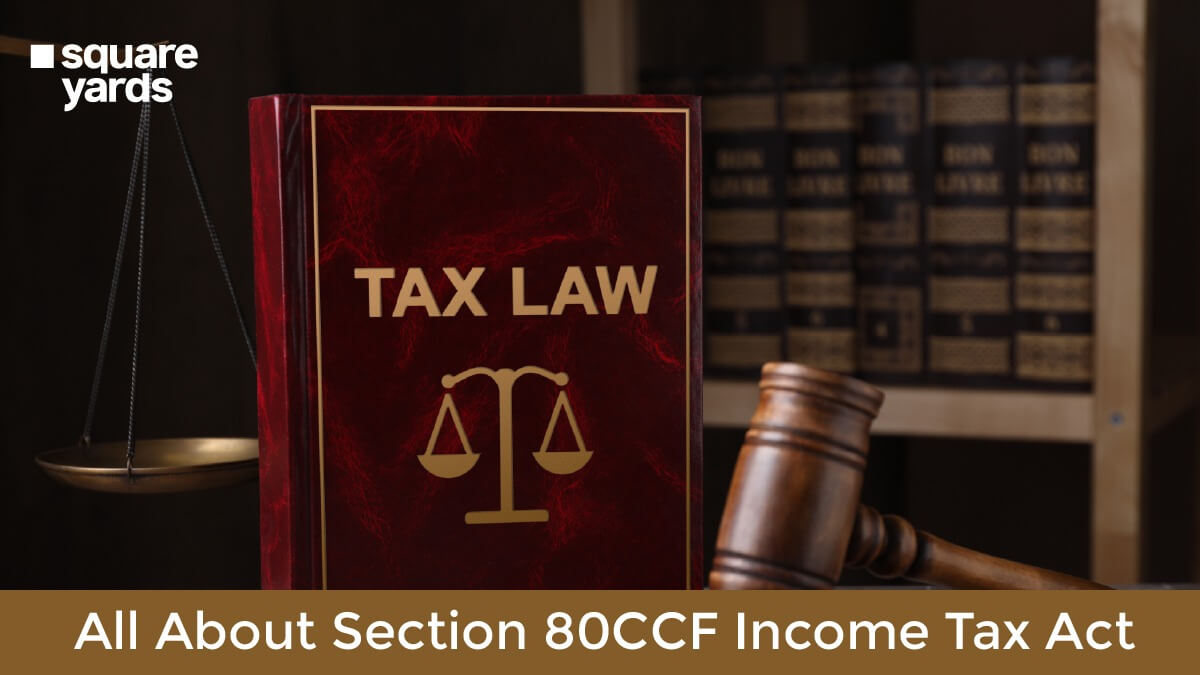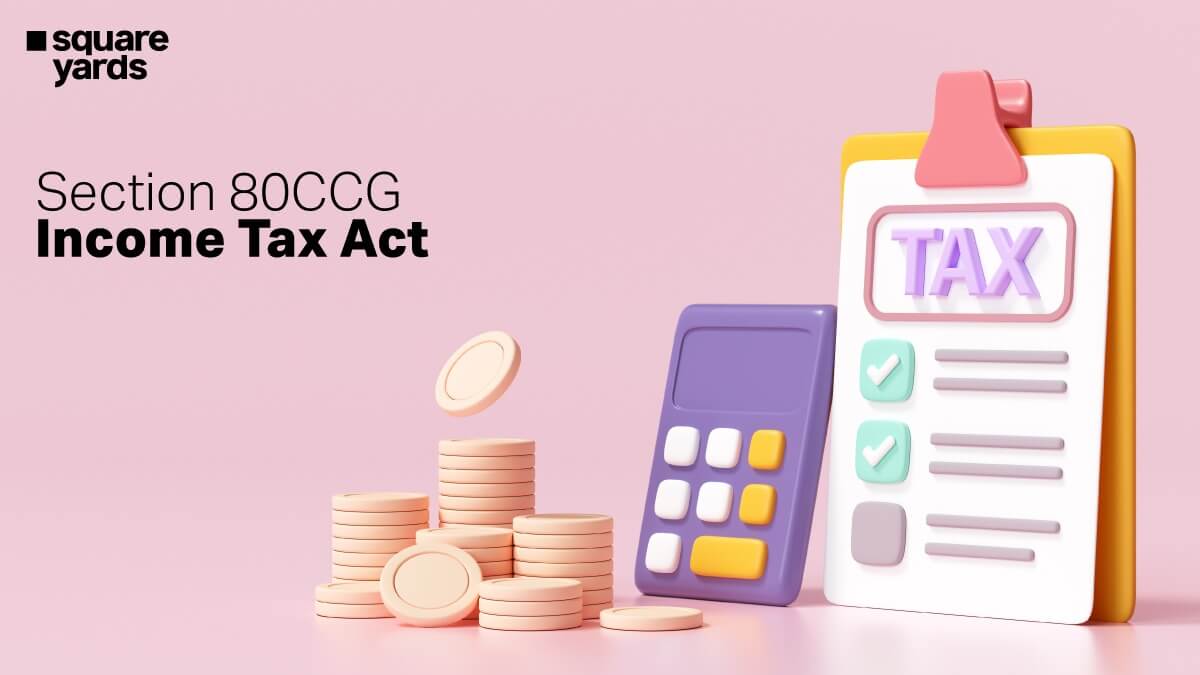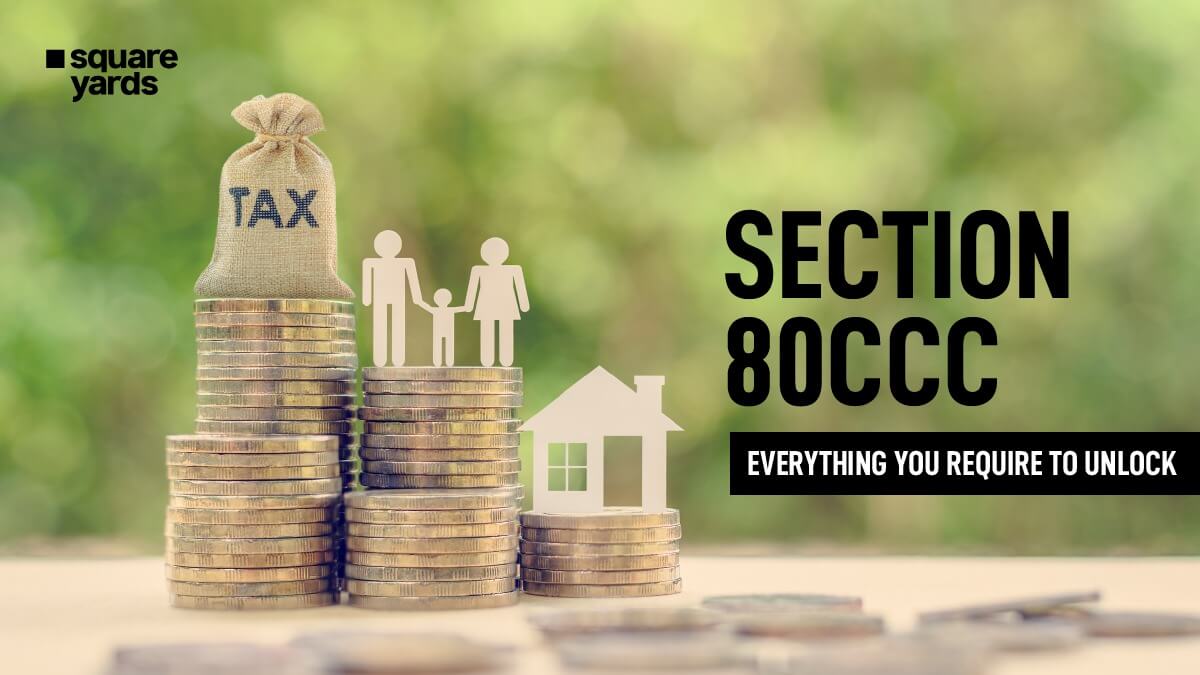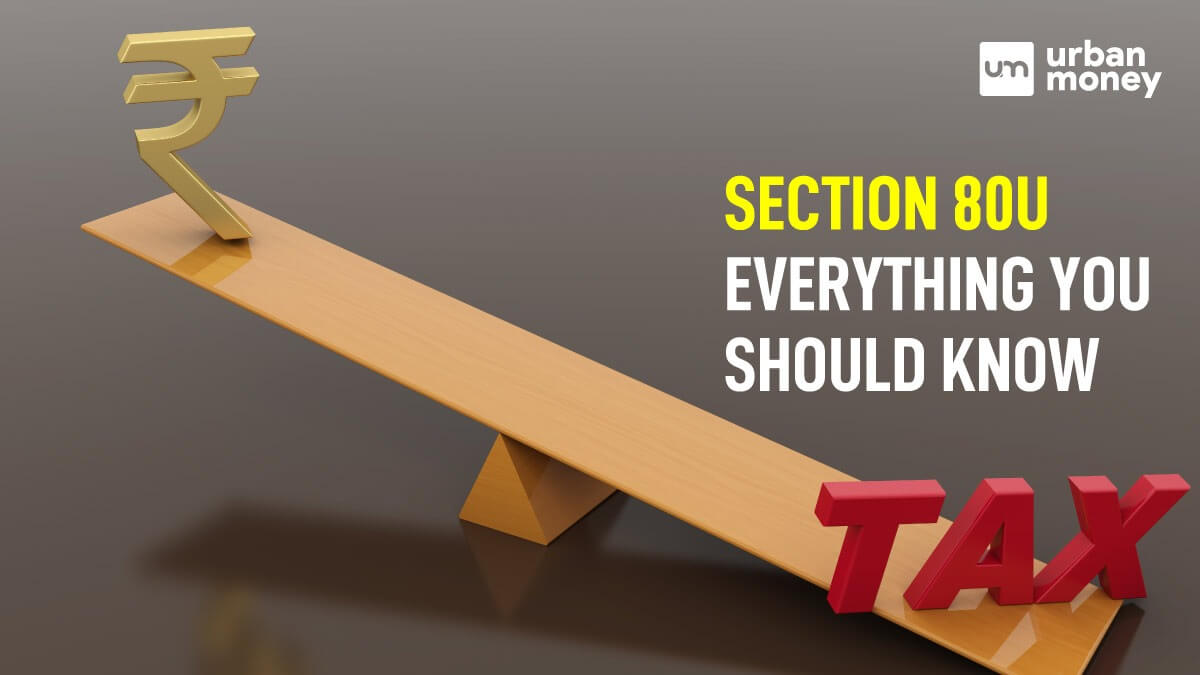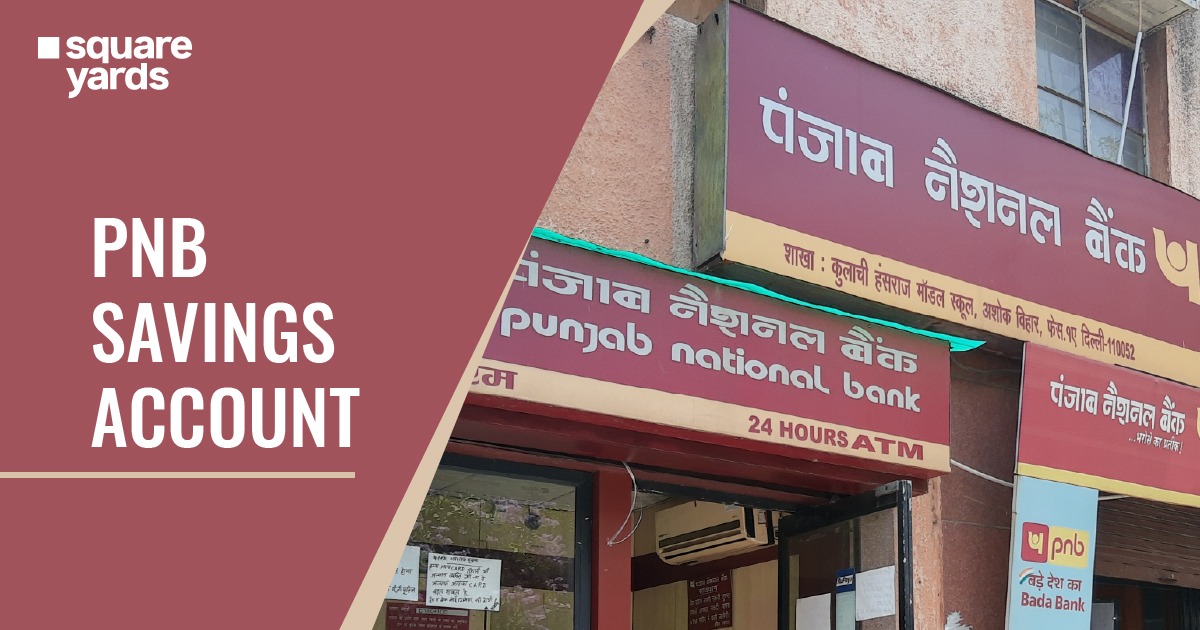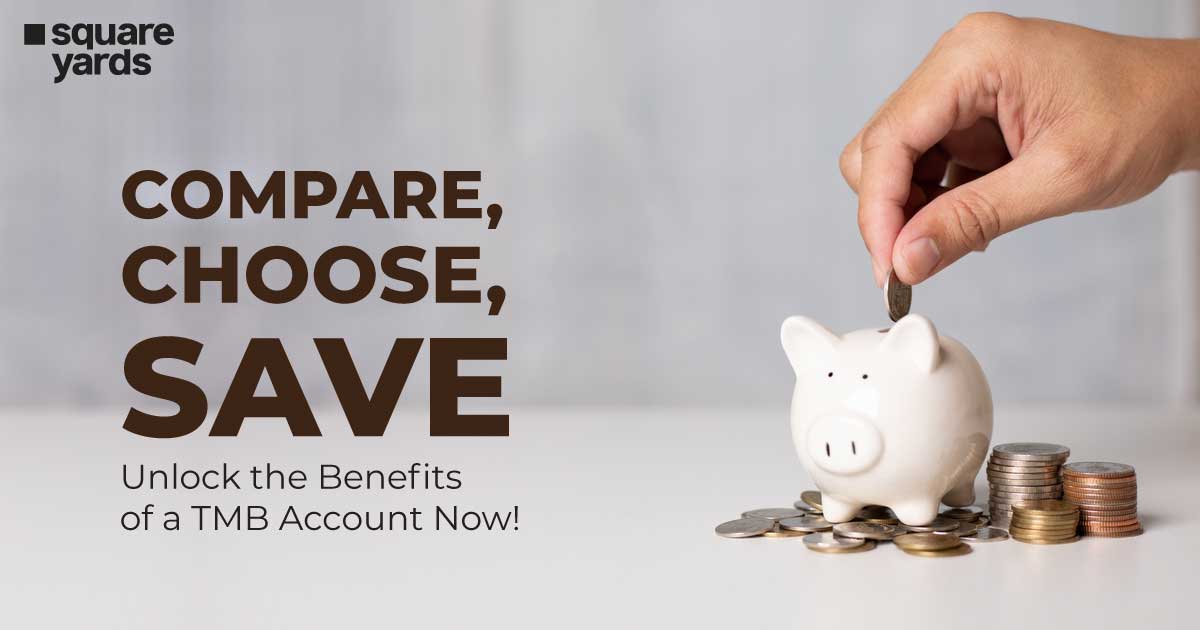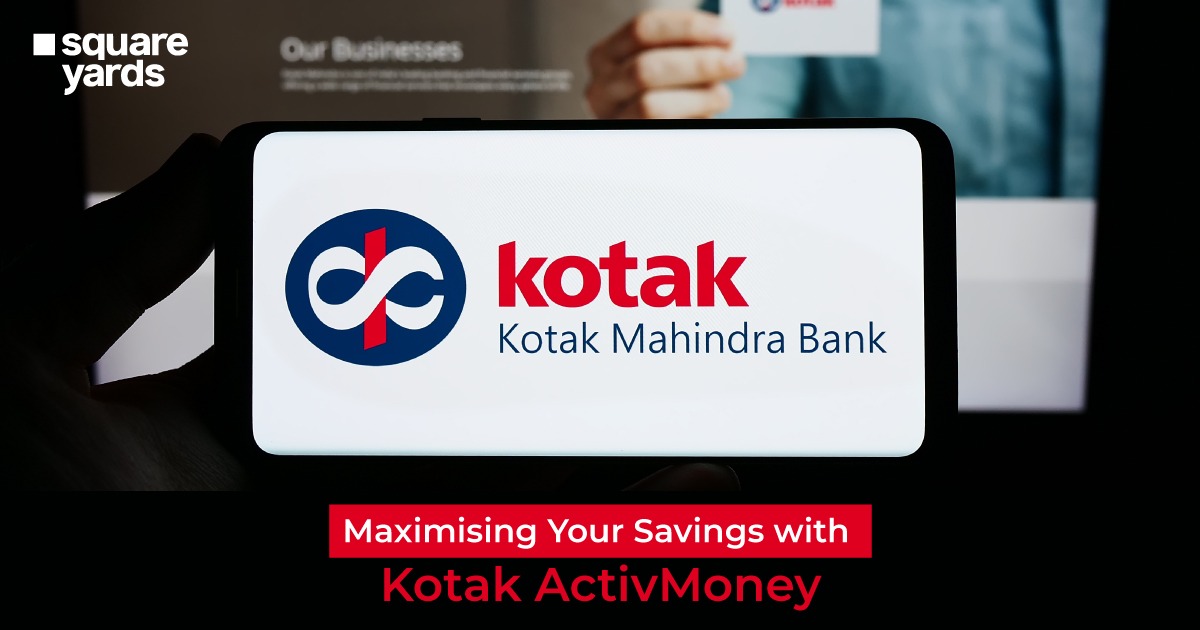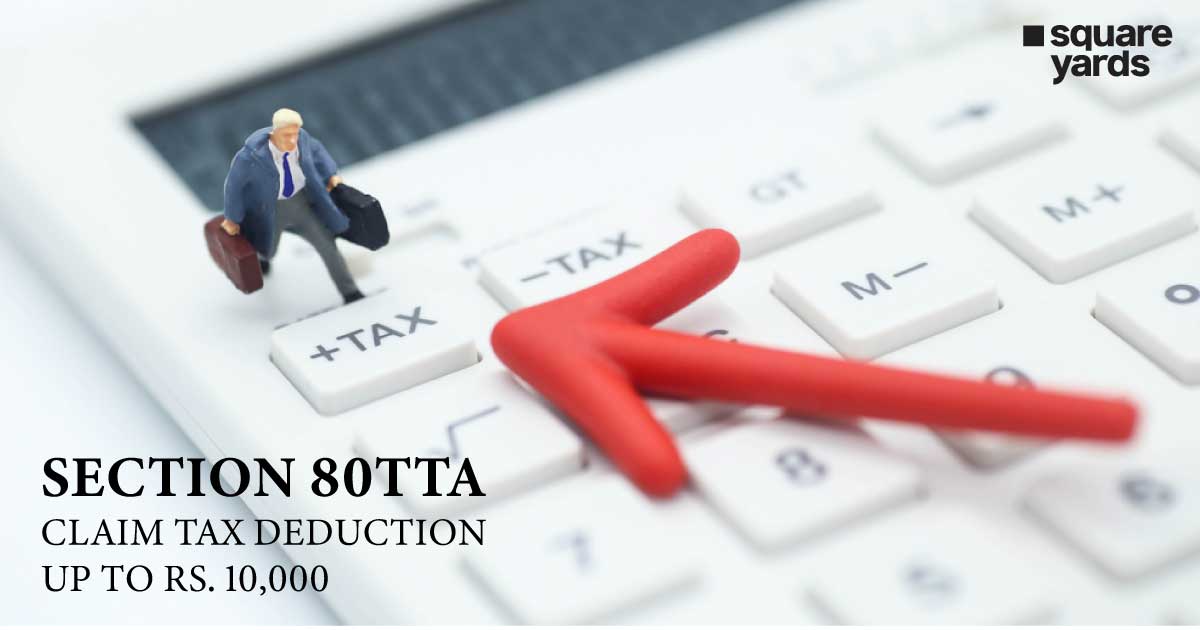With many investment options available in the market now, it is essential to find out which is the best and which will be more beneficial for you soon. Everyone prefers a scheme that offers higher returns and fulfils all financial requirements. The most popular, secure and commonly used investment opinions are FD and RD, which are Fixed Deposits and Recurring Deposits, respectively.
This blog will acquaint readers with the better investment option between FD vs RD.
Table of contents
What is a Fixed Deposit?
A fixed deposit is a form of investment in which a lump sum is deposited with a bank or financial institution for a certain period. When you deposit this lump sum, you will be rewarded with a certain percentage of interest. At the end of the specified period, the financial institution will return the investment amount and the interest earned.
Features and Benefits of a Fixed Deposit
Unlike other types of investments, FD returns are usually assured. This primarily means that the return you get, which is the interest on your deposit, is independent of the market and other factors. Simply put, you are guaranteed to receive the published interest on your fixed deposit. If you want to know the return you will likely get from FD, you can always use any FD Interest rate Calculators online to know how much interest you can gain upon maturity.
Also, term deposits are generally safer than other investment forms. The insolvency risk of fixed deposits is very low. However, the default risk is not zero. Nevertheless, you may retain your investment principal if you invest in term deposits with a low credit rating.
What is a Recurring Deposit?
A term deposit account is a bank or post office account in which the depositor deposits a fixed amount each month for 1 to 5 years. This arrangement is for those who want to save a certain amount every month and accumulate savings after a few years. The low monthly savings in RD allows savers to accumulate attractive sums when due. The interest rate for this type of deposit system can be calculated quarterly.
Features and Benefits of a Recurring Deposit
An RD has a fixed monthly investment, duration, and interest rate.
The minimum monthly amount to open a checking account is around Rs. 500, which may vary from bank to bank.
The minimum term for opening a fixed deposit account is usually six months, and the maximum is ten years.
Individual Account Holders may be able to open more than one Permanent Deposit Account.
Minors may be able to open a permanent savings account under the supervision of their parents or a legal guardian.
Difference Between FD and RD
| Fixed Deposit | Recurring Deposit |
| FD is a one-time investment. | The main difference between an FD and RD is that RD is a point-in-time investment. |
| Term deposits are suitable for those who want to invest a minimal amount each month or for a set period. Investing in fixed deposits is a higher lump sum. | The primary purpose of RD is to develop the habit of saving regularly. When the RD expires, the full amount will be repaid with interest. The recurrence of deposits is the difference from FD. |
| A fixed deposit earns interest on the amount deposited and has a fixed amount for the period. Term deposits, on the other hand, allow customers to deposit a fixed amount of money at short intervals over a long period. | RD is a good option for those who are risk takers and want to invest money each month. The minimum period of an RD is 6-12 months and the money cannot be withdrawn before its maturation. |
Did You Know That You Can Get a Credit Card Against FD?
A credit card against FD is an excellent choice for individuals who struggle to obtain a credit card. The main reason for not getting one can be a low credit score, infrequent income basis or unsatisfactory ID proofs. A credit card against a fixed deposit can be a prevailing situation for the respective customer or anyone who wants to improve their credit score.
Banks like SBI and SBM Bank India offer this facility with their FD. Having a credit card against Fixed Deposit acts like collateral. The credit limit on a card like this is almost 80%-90%, and the fees and charges on such a card are comparatively lower.
Another facility attached to this credit card is that even if the cardholder forgets or misses a payment cycle, the required amount will be redeemed from the linked FD.
What Should One Choose RD or FD?
Both investment initiatives have perks that can fit the requirements of different customer bases.
Choosing between FD vs RD is subjective; both schemes offer fixed interest throughout the tenure and are safe investment opportunities.
The interest amount gained after the maturity of a Fixed Deposit is comparatively higher than that earned from an RD. The thing to keep in mind about RDs is that the interest earned on a Recurring Deposit is paid along with the capital amount on the day of maturity. It will be a great option if one chooses a fixed deposit as it is much more suitable for today’s needs and very convenient.
You May Also Like
| Fixed Deposit Interest Rate | Tax Saver FD |
| Term Deposit | Senior Citizen Fixed Deposit |
| SBI FD Interest Rates | Apply SBI FD Online |
| Loan Against Fixed Deposit | Fixed Deposit Under Section 80C |
FAQ’s About FD vs RD:-
Is the RD account tax-free?
RD attracts no tax immunities, where Income tax must be paid on the interest amount from the RD.
What is the minimum investment amount of a recurring deposit?
The minimum amount required to invest under a recurring deposit account is Rupees. 100. Since starting an RD can be manageable, it is considered a convenient investment solution.
How can I convert RD to FD?
In essence, you cannot convert an RD into an FD. A lumpsum deposit is an FD, and a monthly deposit is an RD. You can only convert the interest attained monthly from an FD into an RD.
What is the lock-in period for tax-saving FDs?
The lock-in tenure for a tax-saving FD is five years. No premature withdrawals, loans, or overdraft structures are open against tax-saving FD.
RD or FD, which is better?
In comparing a fixed deposit vs a recurring deposit, fixed deposits give a higher return. Therefore, it is considered a better option.
Which bank gives the highest interest rate on FD?
Almost all banks offer high FD interest rates. In the category of small finance banks, Unity Small Finance Bank provides the highest FD interest rate at 9.00%, and Suryoday Small Finance Bank offers interest rates of 8.51%.
Can I change the tenure or the instalment due date once an RD starts?
When an RD is open, the tenure can be chosen from 6 months to 10 years. The depositor can choose the tenure depending on what seems more comfortable. The tenure of the RD will remain the same at the time of maturity of the deposit.
How many years will FD double?
Using the rule of 72, one can find how many years their FD matures. Divide 72 by the annual interest rate, and you’ll get the timespan in which your money will double.


